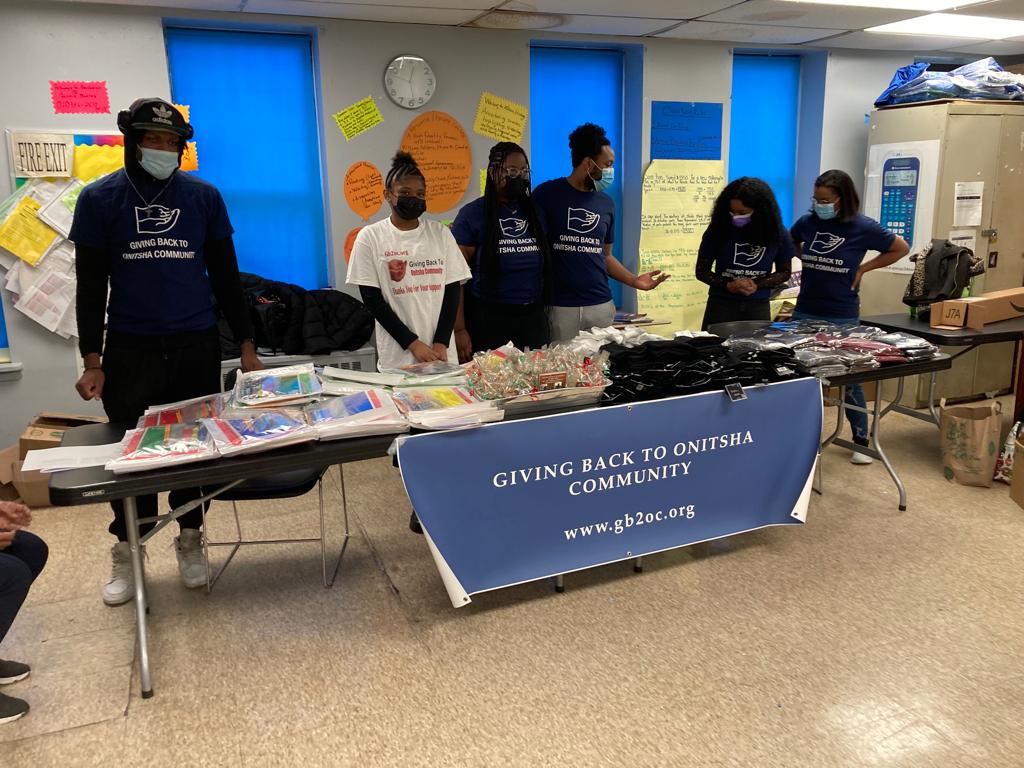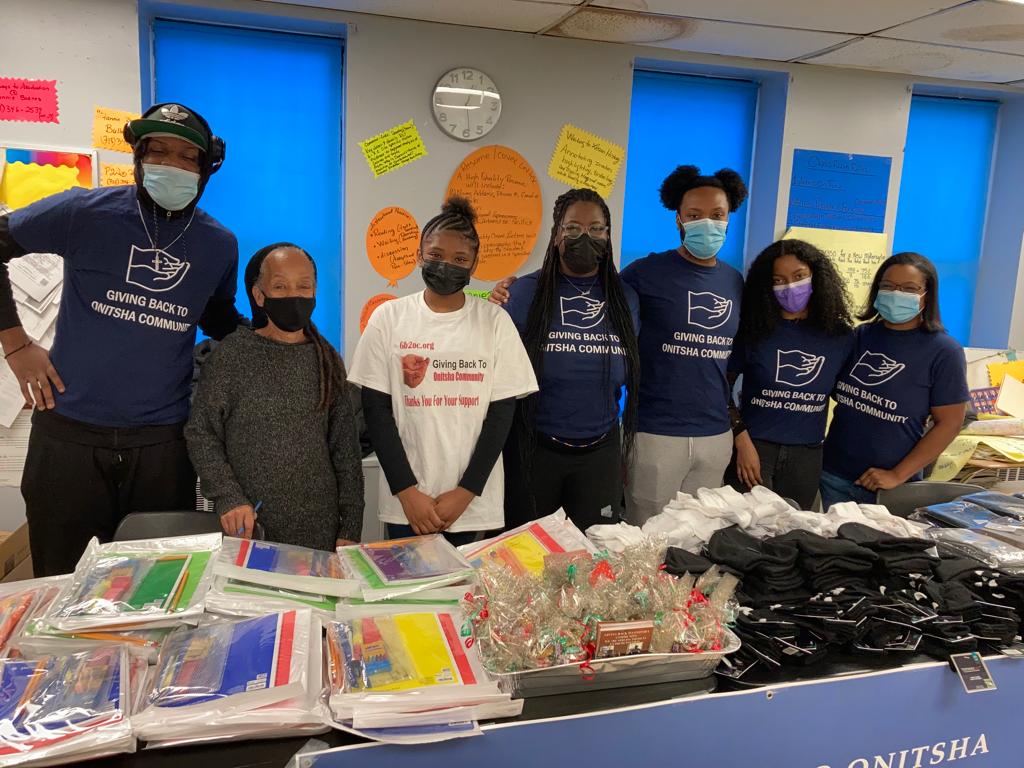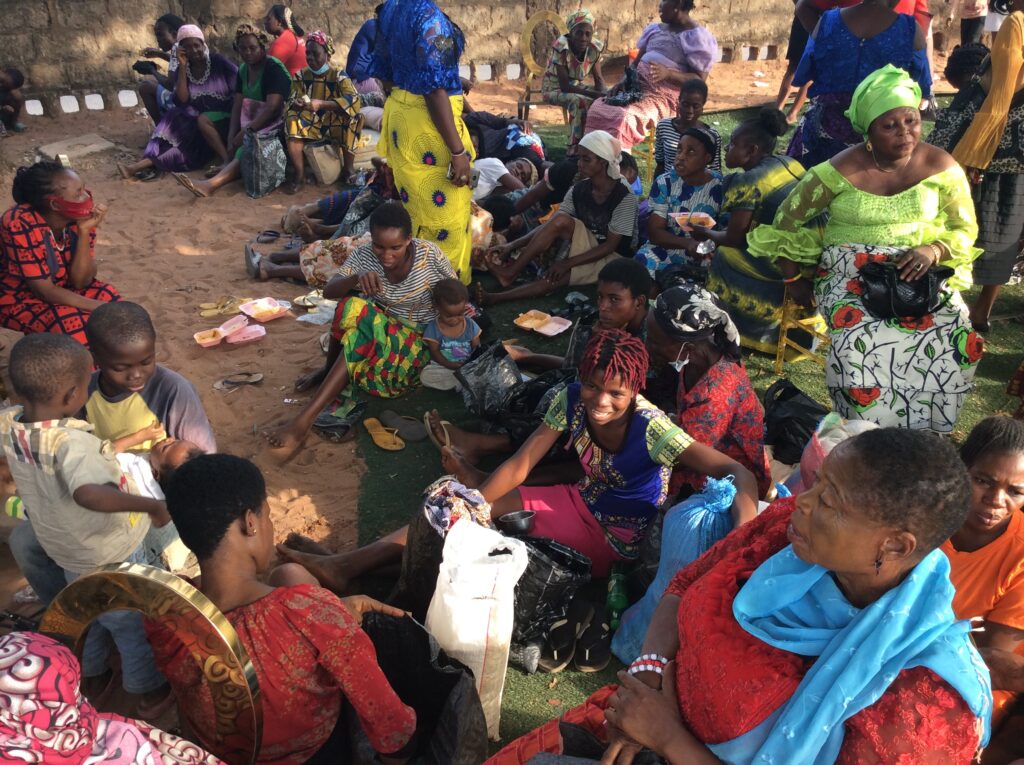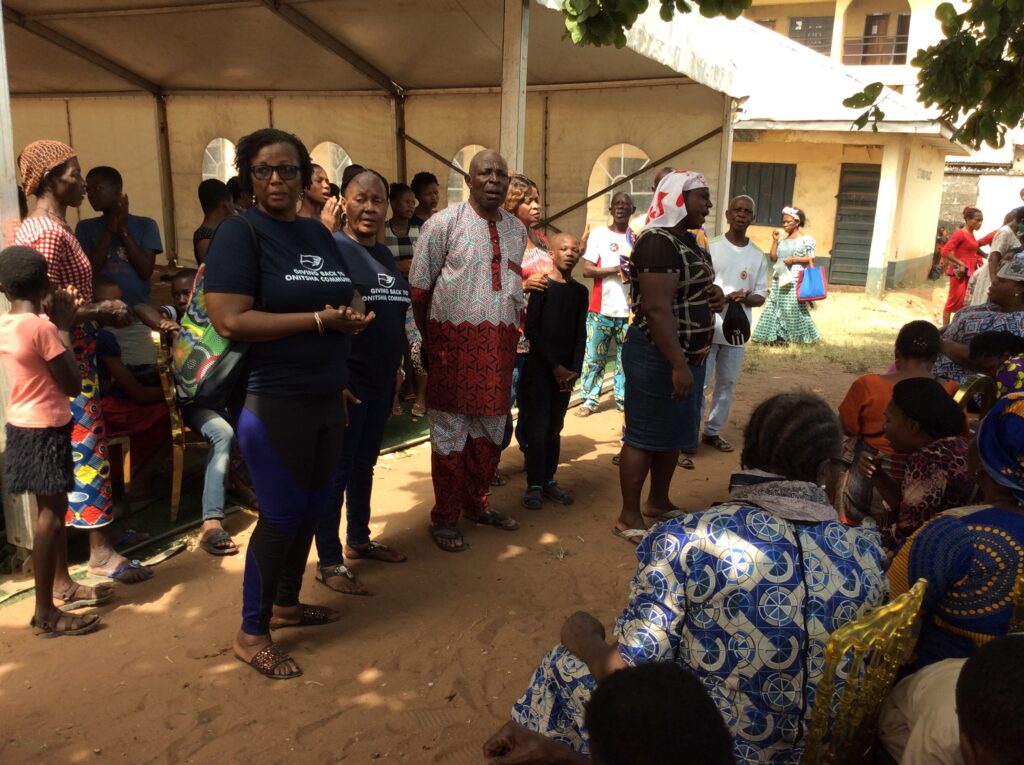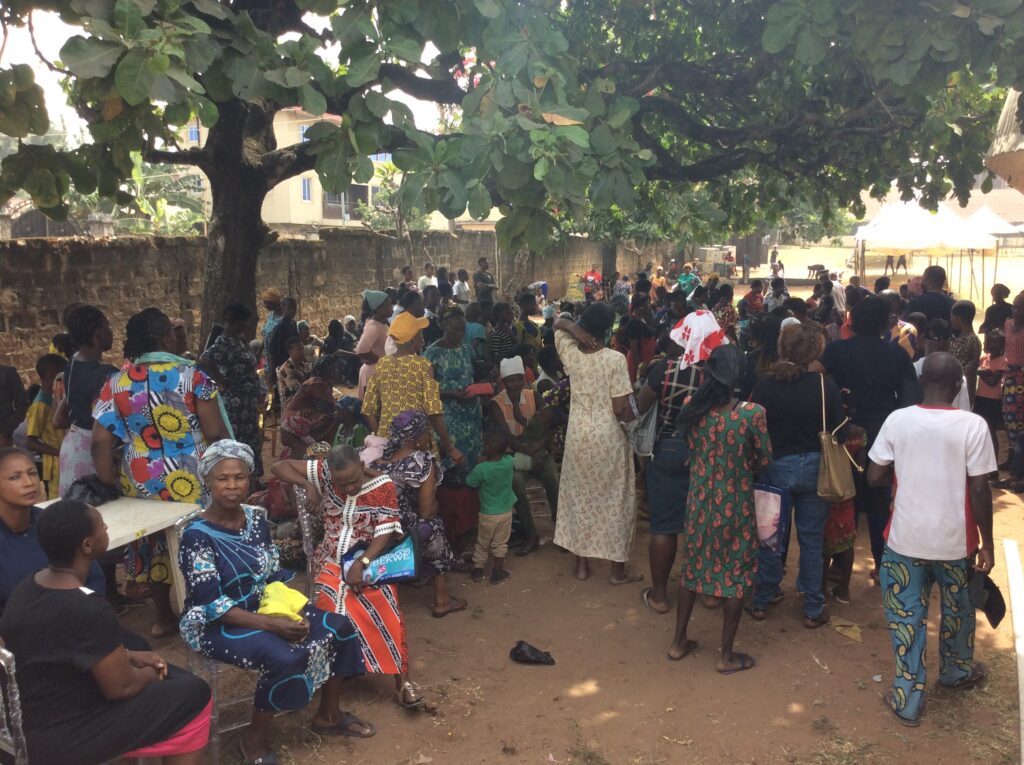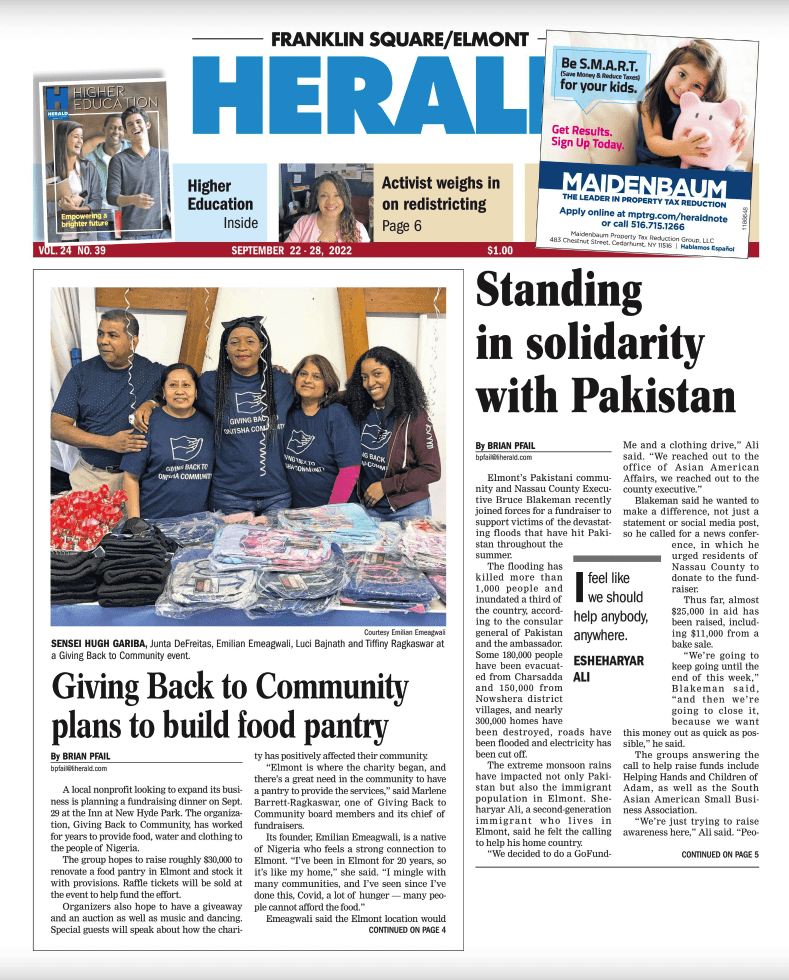We serve those in extreme poverty
Facts About Food Insecurity
According to World Food Program, approximately one billion people globally suffer from food insecurity, especially in low and lower-middle-income countries. Child hunger in Nigeria is a serious issue. Globally, Nigeria has the second-highest burden of stunted children, with 32% under age 5 affected. Stunted growth in children has been linked to poor cognitive development, diminished performance in education and low productivity in adulthood. only two out of every 10 children receive any form of intervention. Giving Back to the Community finds solutions to food insecurity by implementing development programs that empower the poor to have food security and be better educated.

Quality Education for Children
Since 2009, an estimated 5.2 million children globally have been out of school, with 25% of them at primary to lower secondary levels, revealing a strong connection between poverty and illiteracy. A study from 1985 linked 60% of those living in poverty to illiteracy, and the COVID-19 pandemic intensified this link over the past 37 years. Despite increased enrollment in upper secondary education in many regions, around 20 million young people are still expected to miss out on secondary education, disproportionately impacting the most vulnerable children and worsening existing inequalities. At Giving Back To Community, we are committed to improving the quality of education for every child, reducing illiteracy, and offering scholarships and grants to deserving students. [Source: UNESCO]
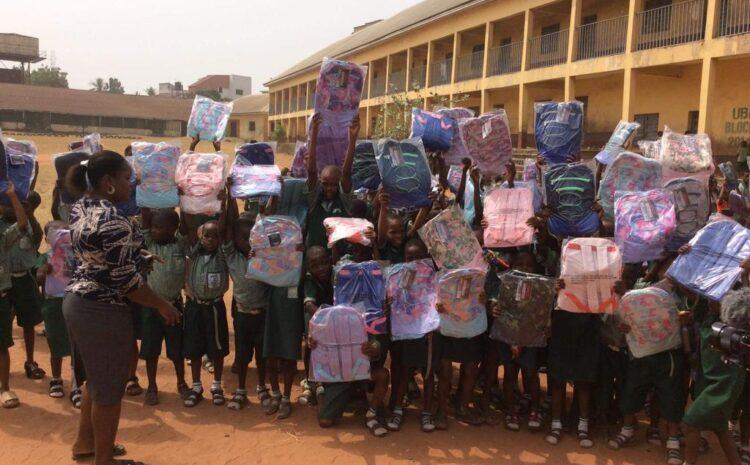
CHANGING THE WORLD…
ONE PERSON AT A TIME
Popular Causes
We empower the poor with the tools and skills they need to live a productive lives
We Offer Scholarships to Poor Students
Illiteracy is a menace and the biggest hurdle in the develop ...
We Feed Homeless, Poor Children and Fami ...
Africa is the continent with the largest number of people li ...
We’ve proudly completed 13+ charity projects
and impacted 5,000+ people in New York and Nigeria
From the Journal
Events
Giving Back To Community upcoming events
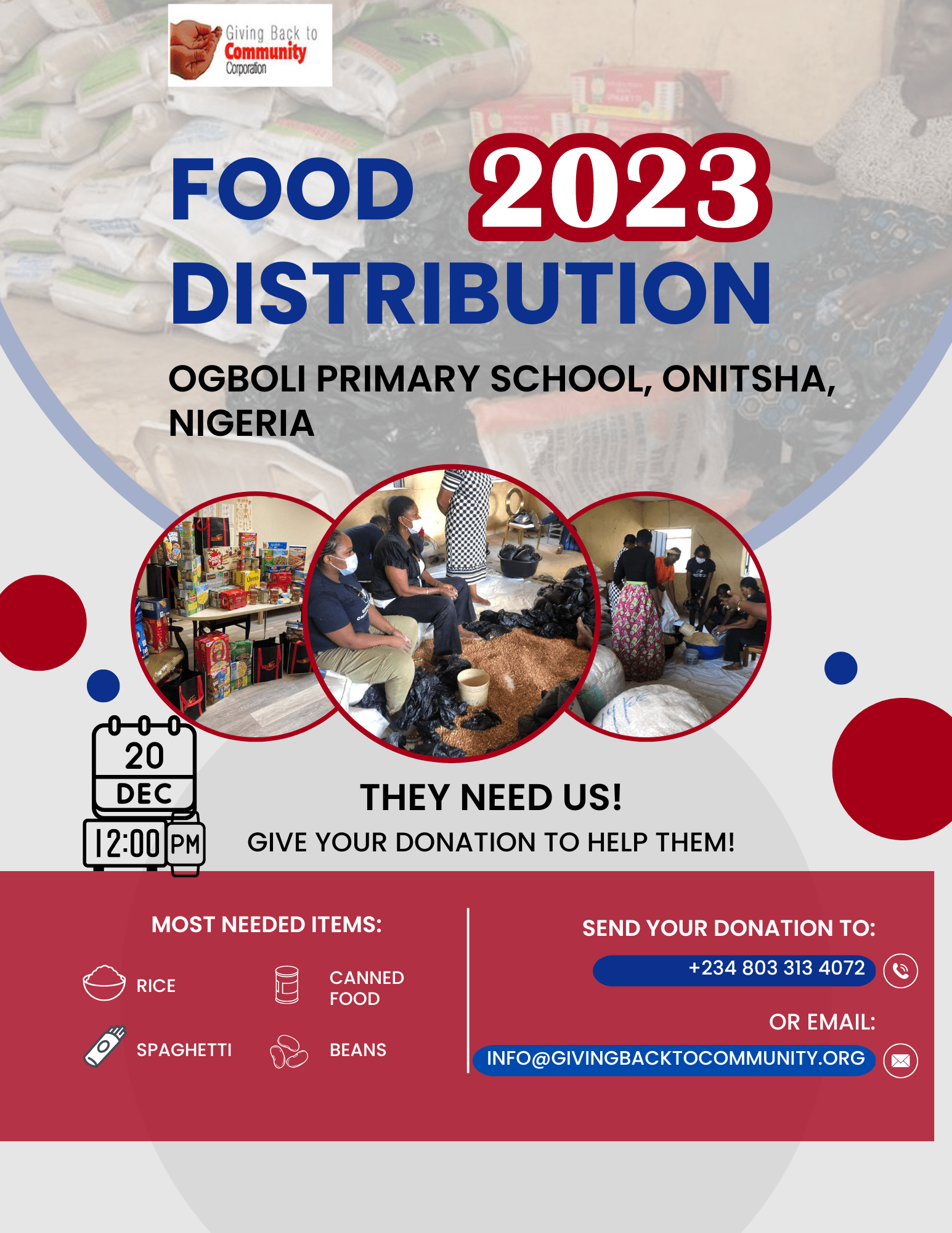

Sponsors




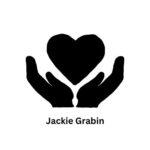
We recently earned a Candid Gold Seal of Transparency! Check out our nonprofit profile to keep up to date with our impact. [Guide Star] Keep this link handy, we want to make sure you always have the information you need to support our work with trust and confidence.

